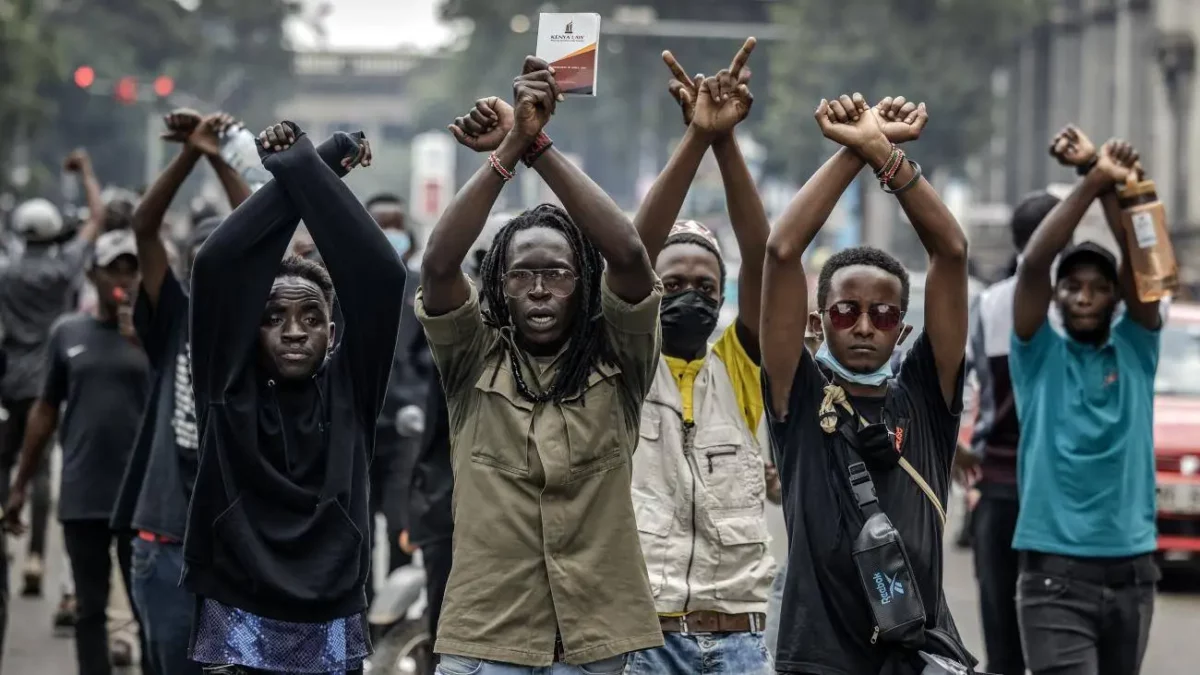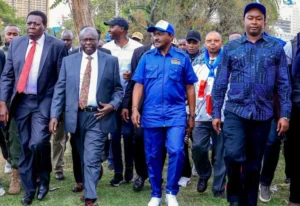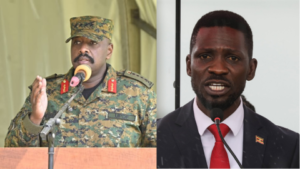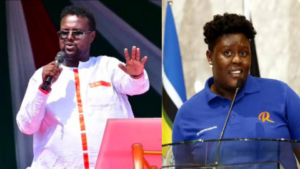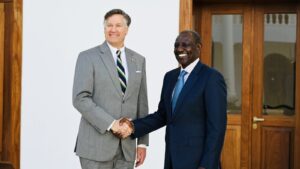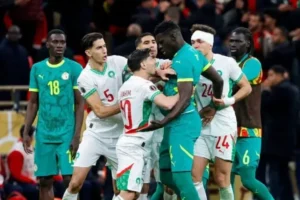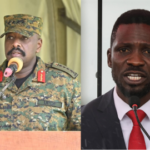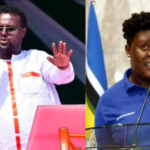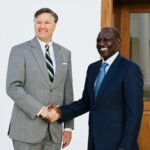“Class, what is democracy?”
“Democracy is a rule of the people, for the people, and by the people.”
I remember our little voices ringing out in the serene school compound, mingling with the echo of the crashing waves at the lakeshore a few meters away, as we belted out the words of Lincoln at the top of our voices.
But then again, are we sipping from the same cup we were drilled with? Look around our beloved East Africa Community. In South Sudan, the power-sharing arrangement between President Kiir and Vice President Machar remains fragile with pockets of state-sanctioned ethnic violence and elections postponed at the whim; Museveni of Uganda and Kagame of Rwanda, the benevolent dictators going on decades in power with intimidation and persecution of opposition a favourite SOP.
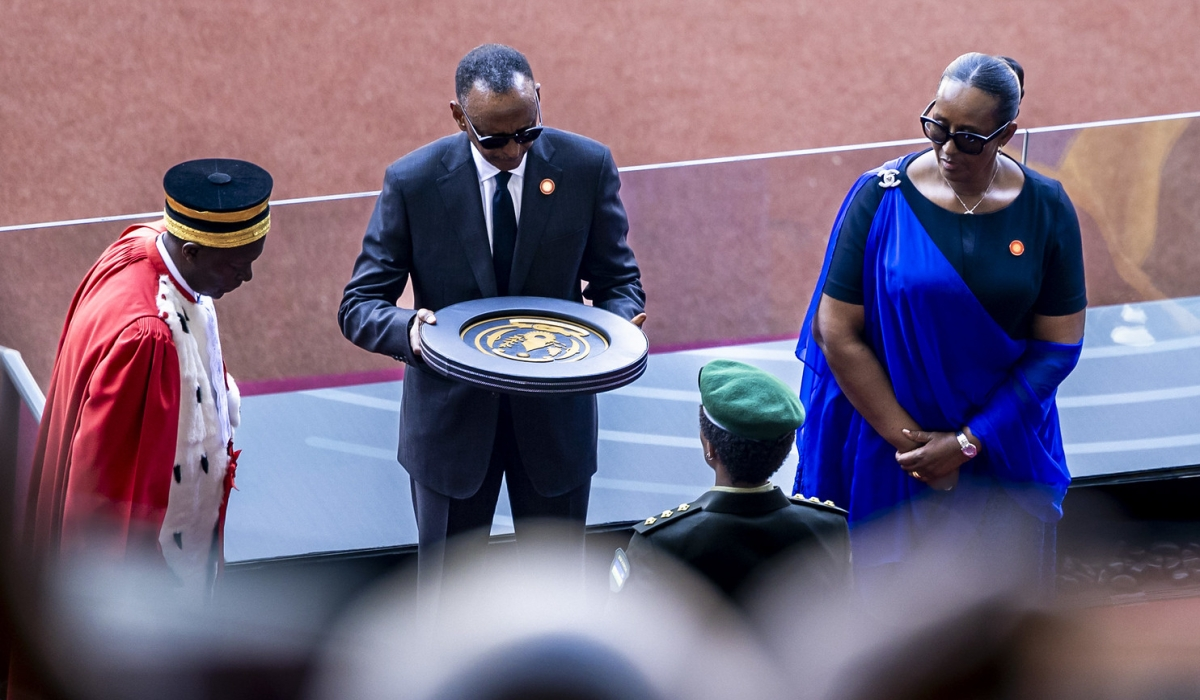
Tanzania, ‘Bongo lala’, a predominantly laid-back populace under Suluhu made headlines yesterday with the clampdown of opposition leaders from Chadema, Tundu Lissu an assassination survivor among them. The Democratic Republic of Congo and Somalia are forgone cases, crippled by violence and humanitarian crisis despite their potential; Congo with its abundant natural resources, and Somalia with its strategic location astride the horn of Africa.
Kenya, “Kenya nchi yetu, hakuna matata.” Police boots on the necks of the youth with state-sanctioned violence against civilians a commonality. Public criticism and dissension so abhorred by a government of the corrupt, that they’d rather export labor at the risk of a brain drain than implement policies to staunch corruption and make the systems work.
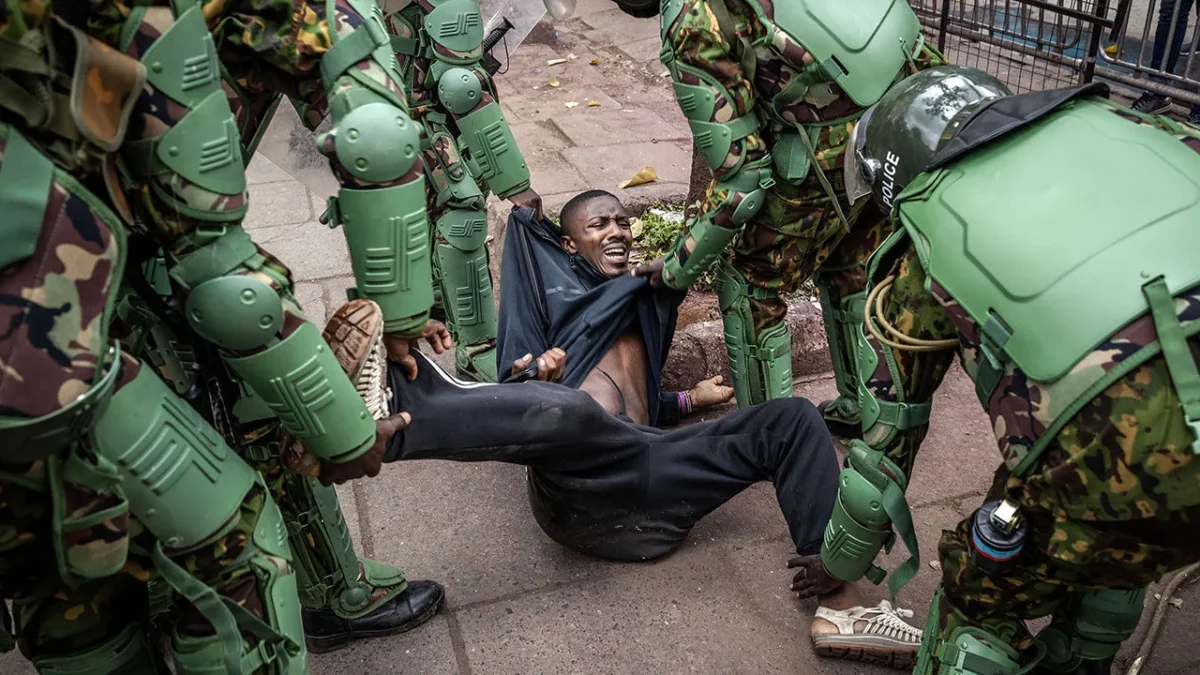
Does this reality mirror the so much-quoted ‘democracy, democratic’? A semantic thrown around like seasoning in every politician’s sentence in a quest to portray leadership. However, they fail abysmally with actions as different as day and night from the words they so much like spewing.
The foundation of any democracy lies in its electoral process. Free and fair elections allow citizens to express their preferences without fear or coercion. In a functioning democracy, elections are conducted regularly, transparently, and inclusively. This means that every eligible citizen has the right to vote, the process is transparent to prevent fraud, and all candidates have equal opportunities to campaign and present their ideas.
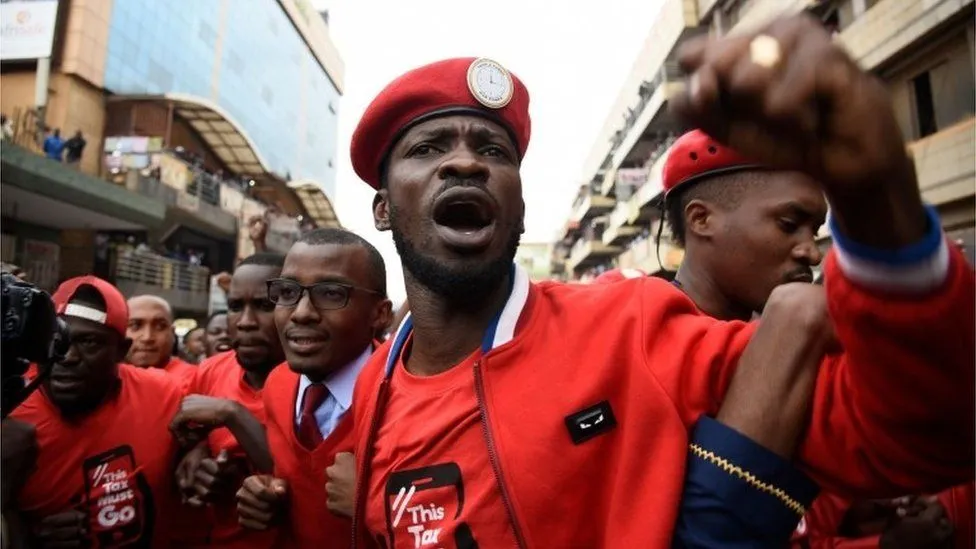
A functioning democracy is governed by the rule of law, where laws are applied fairly and consistently to everyone, including those in positions of power. This principle ensures that no one is above the law and that legal frameworks protect the rights and freedoms of all citizens.
As an independent branch of government, the judiciary plays a crucial role in upholding the rule of law by holding individuals and institutions accountable. Sadly, in most instances, the judiciary is a hostage of the executive. The legislature is a mere tool to rubberstamp retrogressive policies and laws.
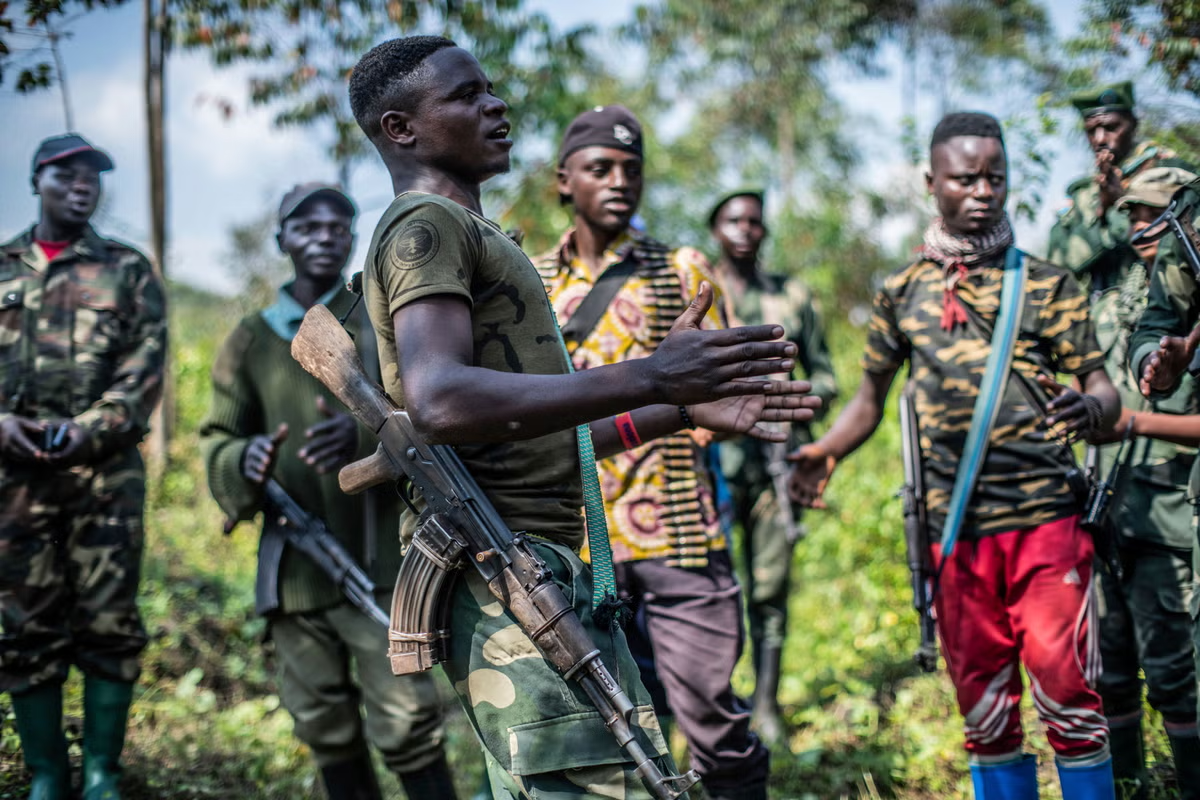
The protection of human rights is at the heart of any true democracy. Fundamental rights, such as freedom of speech, assembly, religion, and the press, must be guaranteed and protected. However, in the recent protests in Kenya, the police were used to terrorize peaceful protestors, the media were attacked and some stations were intimidated into silence. Moreover, extrajudicial killings have become so rampant, mirroring an authoritarian regime acting with impunity.
Transparency and accountability are essential to maintaining public trust in democratic institutions. In a functioning democracy, government operations and decisions are made openly, with information readily accessible to the public. Not like in the case of CBK boss Thugge declining to disclose information on the new money printing contract.
Mechanisms are in place to hold public officials accountable for their actions, ensuring that they serve the interests of the people rather than their own, however, they’ve been rendered obsolete and powerless through sabotage. Public institutions are limping with some on their deathbed, like NHIF.
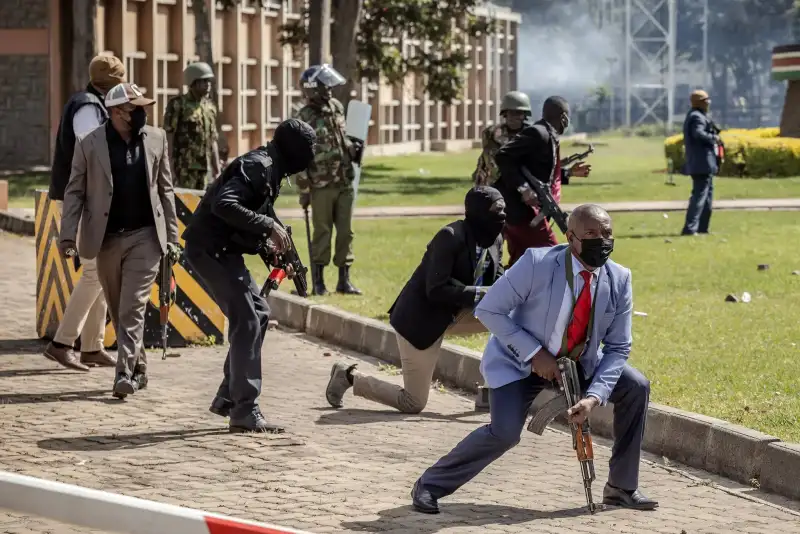
Government policies should respond to the needs and desires of the population, reflecting the will of the people. This requires the inclusion of diverse groups in decision-making processes, ensuring that all voices are heard and considered.
A democratic government must be flexible and willing to adapt and reform based on the changing needs and aspirations of its citizens. The Finance Bill 2024 was like a cold snap back to reality.


